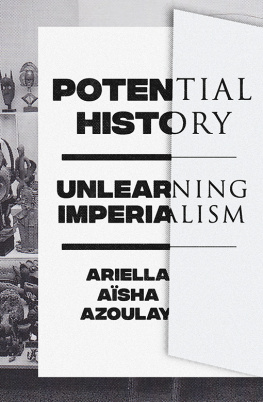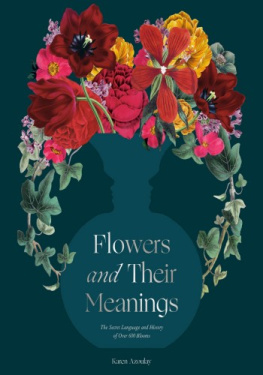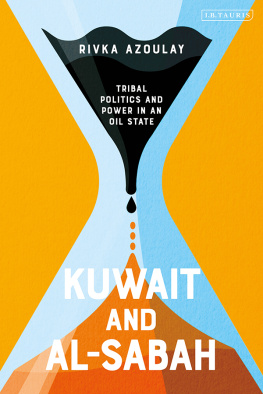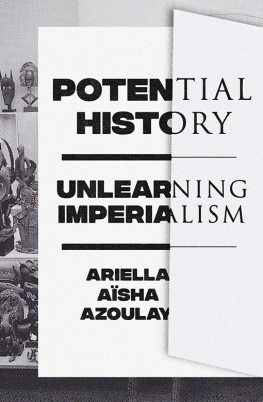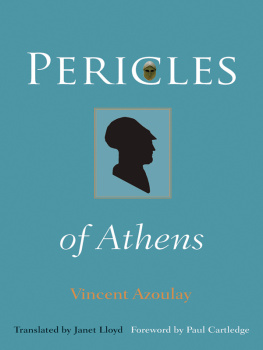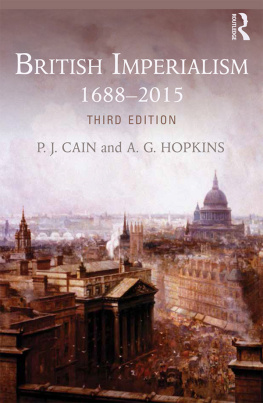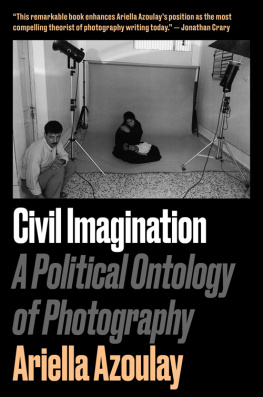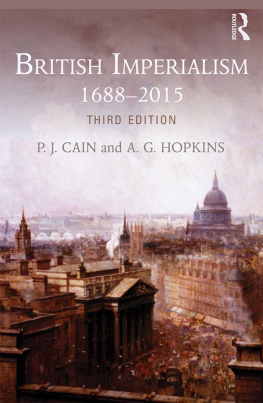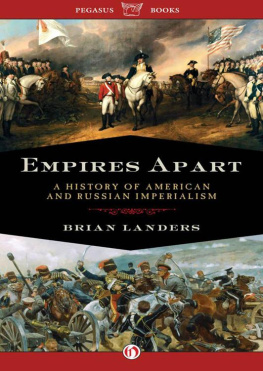Table of Contents
This eBook is licensed to Joshua Alston, jbalston2@gmail.com on 03/29/2020
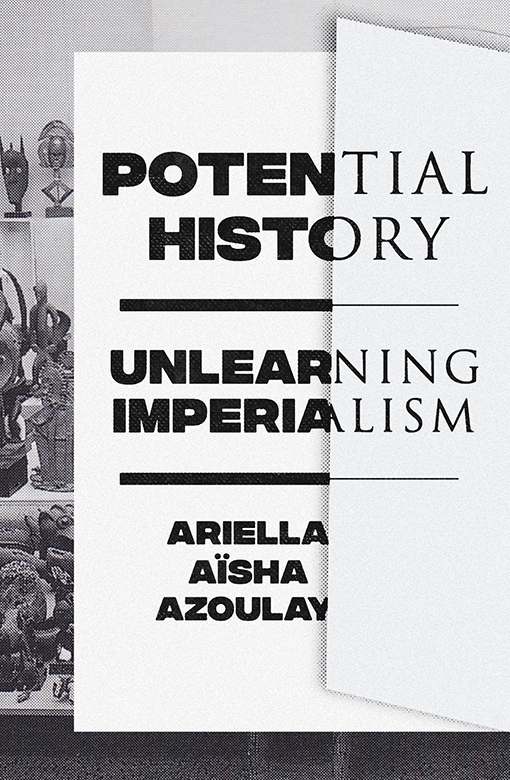
Potential History
This eBook is licensed to Joshua Alston, jbalston2@gmail.com on 03/29/2020
Potential History
Unlearning Imperialism
Ariella Asha Azoulay

This eBook is licensed to Joshua Alston, jbalston2@gmail.com on 03/29/2020
First published by Verso 2019
Ariella Asha Azoulay 2019
All rights reserved
The moral rights of the author have been asserted
1 3 5 7 9 10 8 6 4 2
Verso
UK: 6 Meard Street, London W1F 0EG
US: 20 Jay Street, Suite 1010, Brooklyn, NY 11201
versobooks.com
Verso is the imprint of New Left Books
ISBN-13: 978-1-78873-571-1
ISBN-13: 978-1-78873-570-4 (HBK)
ISBN-13: 978-1-78873-573-5 (US EBK)
ISBN-13: 978-1-78873-572-8 (UK EBK)
British Library Cataloguing in Publication Data
A catalogue record for this book is available from the British Library
Library of Congress Cataloging-in-Publication Data
A catalog record for this book is available from the Library of Congress
Typeset in Minion by MJ&N Gavan, Truro, Cornwall
Printed and bound by CPI Group (UK) Ltd, Croydon CR0 4YY
This eBook is licensed to Joshua Alston, jbalston2@gmail.com on 03/29/2020
Contents
This eBook is licensed to Joshua Alston, jbalston2@gmail.com on 03/29/2020
Many people and institutions supported me in the long journey of writing this book; I am grateful to them all. Over the years I presented earlier versions of some of this books chapters at several universities and research centers. I also presented some of the visual material assembled here in different venues and formats. I am indebted to the curators and the conveners of conferences and seminars who hosted me, as well as the participants in these forums for their thoughtful comments and the stimulating conversations we had.
During the long time of writing this manuscript, I had many inspiring conversations with friends and colleagues, who spent time reading my texts and listening to my lectures, challenging and encouraging me at the same time: Tamara Chin, Tim Bewes, Kareem Estefan, Beshara Doumani, Leela Gandhi, Nicole Gervasio, Carles Guerra, Saidiya Hartman, Sandi Hilal, Marianne Hirsch, Bonnie Honig, Yarden Katz, Brian Meeks, Susan Meiselas, W. J. T. Mitchell, Alessandro Petti, Thangam Ravindranathan, Erin Reitz, Christopher Roberts, Irit Rogoff, Eyal Sivan, Ann L. Stoler, Eyal Weizman, Laura Wexler, and Vazira Zamindar. My gratitude for the ongoing conversation with Adi Ophir, who is always ready to listen to and discuss my half-baked ideas, far exceeds what I can express here.
At Brown University, I shared my research in progress with my students at my two departments, Modern Culture and Media and Comparative Literature; their thoughtful questions and invaluable comments enriched me. The Pembroke Center and its director Suzanne Stewart Steinberg hosted and funded the exhibition The Natural History of Rape. The support for experimental forms of teaching and research among my colleagues at Brown helped turn a host of questions and insights into a book, which I would have not been able to complete without the generous sabbatical time granted me at Brown.
My first attempt to present a potential history of Palestine took place in the space opened by the Jewish-Palestinian organization Zochrot. I learned a great deal from and was deeply inspired by Zochrots founders and leaders, Norma Musih, Eitan Bronstein, and Umar al-Ghubari. Renzo Martens invited me to join him in his project in the Congo, and through the many conversations that followed made my study of the plunder of African art both possible and necessary. Laurens Otto and Els Roelendt assisted me in my first steps into the field of looted art from Congo. The late Okwui Enwezor, invited me to show Different Ways Not to Say Deportation in his Intense Proximity exhibition in Paris, and included the essay The Natural History of Rape in his PostWar catalog. The impact of his work and his recognition of mine were of immense importance. Anne Koennig and Jan Wenzel invited me to participate in the F/Stop Photography Festival in Leipzig where I showed Enough! The Natural Violence of the New World Order. Jeff Khonsary published a printed version of Different Ways Not to Say Deportation.
What the photographed persons sought to transmit, often under unbearable situations, could not have survived were the photographers not present to take photographs; to them and to the photographed persons, some of whom became my companions, I am deeply indebted for helping me to see the world differently from how it was shown to me. Many of the images in this book are my attempt to attend to the moment of their encounter and to emphasize some of its aspects. Yonatan Vinitzky helped me in merging a few images, which as I came to understand (and explain in the book) should not persist separately only. Michael Paninski took the photographs of the tracing of images included in the book.
This is the first book that I wrote in English. The first steps into thinking in English were challenging but had their unexpected advantages, especially in the freedom I took to think against the separation of the tenses. The first versions of some of these chapters could not have seen the light of day without the editing, thoughtful questions, and insightful comments of Kareem Estefan, Peter Makhlouf, Michelle Rada, and Anna Thomas.
Working with Jessie Kindig as my editor at Verso has been a true blessing and has felt like an invaluable, utterly unexpected gift. Jessie generously supported the manuscript and accompanied it to completion. Her intimate understanding of the spirit and direction of this book made her an invaluable intellectual interlocutor and led her superb editorial interventions, which were always precise and perceptive, constructive, and admirably instructive. I owe her much more than I can express here.
This eBook is licensed to Joshua Alston, jbalston2@gmail.com on 03/29/2020
I would have loved to have been part of an identity group. I wish I could have been able to say that I belong to my community. But there is no community to which I truly belong. Here is my proof.
I own many objects and artifacts and some works of art. None of these, even those I inherited from my parents or received as gifts from family and friends, were handed to me as a recognition of my belonging. I have not a thing from Oran, Algeria, where my father and his ancestors were born and lived until the late 1940s. I have nothing from Spain, from where my mothers ancestors were expelled in 1492. I do not even have their immaterial belongings, like Ladino, the language Jews spoke in Spain and passed down to their children for generations. Ladino did not become mine because my mother, who had been born in Palestine, was turned from a Palestinian Jew into an Israeli at the age of nineteen. She was induced by the newly constituted state to forget all languages except Hebrew. My mother did not talk with me in her mother tongue, nor did my father in his. I was born Israeli by default and was raised to be a member of the states Jewish community. This nation-state project of becoming naturally born Israeli was meant to replace prior imperial visions of belonging and unbelonging to communities destroyed or shaped with violence, while being projected on and through my body. I do not recall all of them, but in addition to the 1492 expulsion, I can mention the occupation of Algeria in 1830, the Crmieux decree of 1870, the rule of Vichy France in Algeria in 1941, and UN Resolution 181 in 1947 that unleashed the destruction of Palestine.

